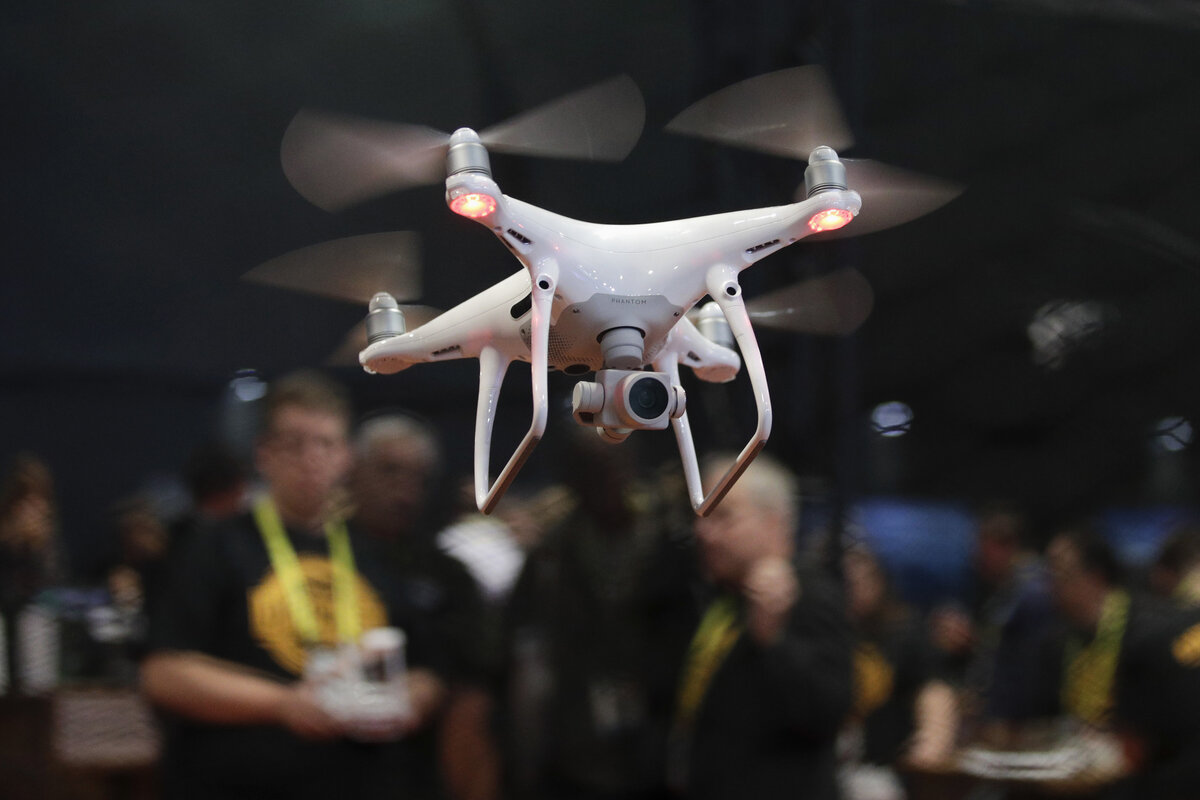Rural voters are an often-mentioned base of support for Donald Trump and Republicans generally. But there's a deeper story behind the rural-urban divide in US politics – and a danger in oversimplifying it. Fifth in our “Democracy Under Strain” series.
Monitor Daily Podcast
- Follow us:
- Apple Podcasts
- Spotify
- RSS Feed
- Download
 Mark Sappenfield
Mark Sappenfield
Today Japan announced that it would resume commercial whaling in 2019, breaking with a global ban in effect since 1986. The move brings international condemnation, so it is logical to ask: Why is Japan doing it?
That question is curious in light of a 2006 poll that shows the Japanese people don’t really like whale meat. Some 95 percent very rarely or never eat it. The move becomes even more curious when considering that Japan props up its whaling industry economically.
So why do it? An agronomy professor told Wired “The strong condemnation of whaling by the foreigners is taken as harassing the traditional values.”
Interestingly, that same argument appears to hold sway in Iceland, one of only two countries to permit whaling now. (The other is Norway.) “It’s a nationalistic thing,” a documentary filmmaker told National Geographic. “They consider whales their resources, and they don’t want people telling them what to do with their resources.”
These countries see whaling as a part of a cultural tradition. The rest of the world has concluded that it is barbaric and humanity has advanced beyond it. “Whaling is an outdated and unnecessary practice,” said New Zealand’s foreign minister. In short, the debate has become something more than the logic of economic or environmental arguments. It has become a statement of principle.
Now on to our five articles for the day, including a mounting pushback against authoritarianism in one corner of Africa, a different kind of religion story from the Middle East, and a question: What would Norman Rockwell paint today?










